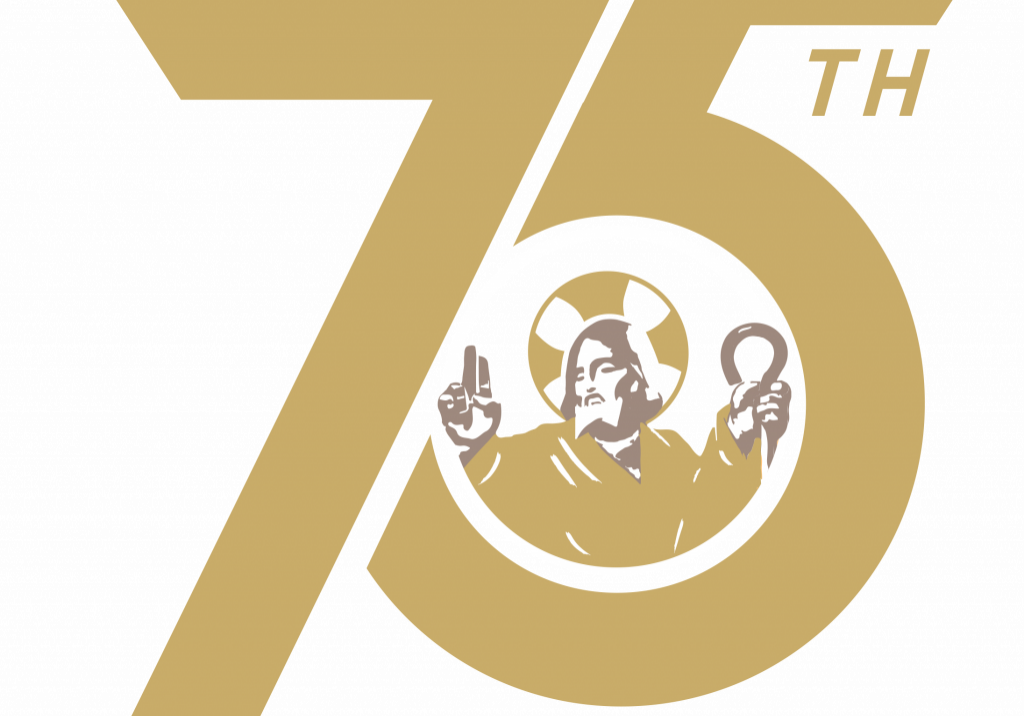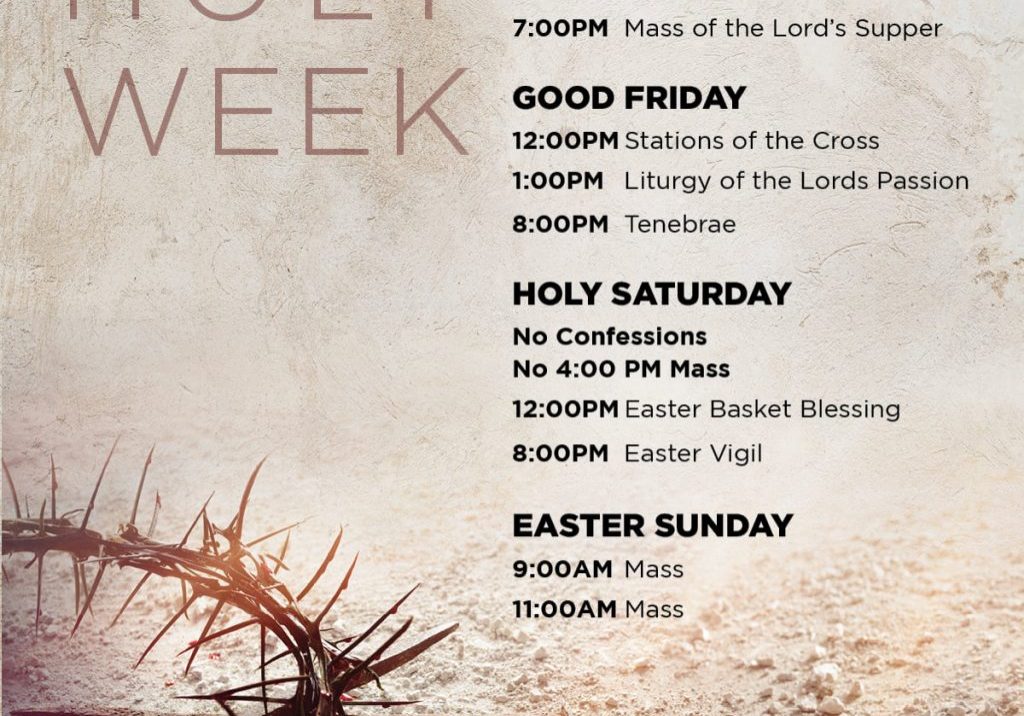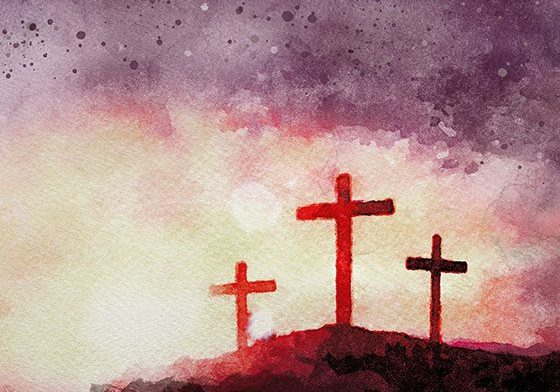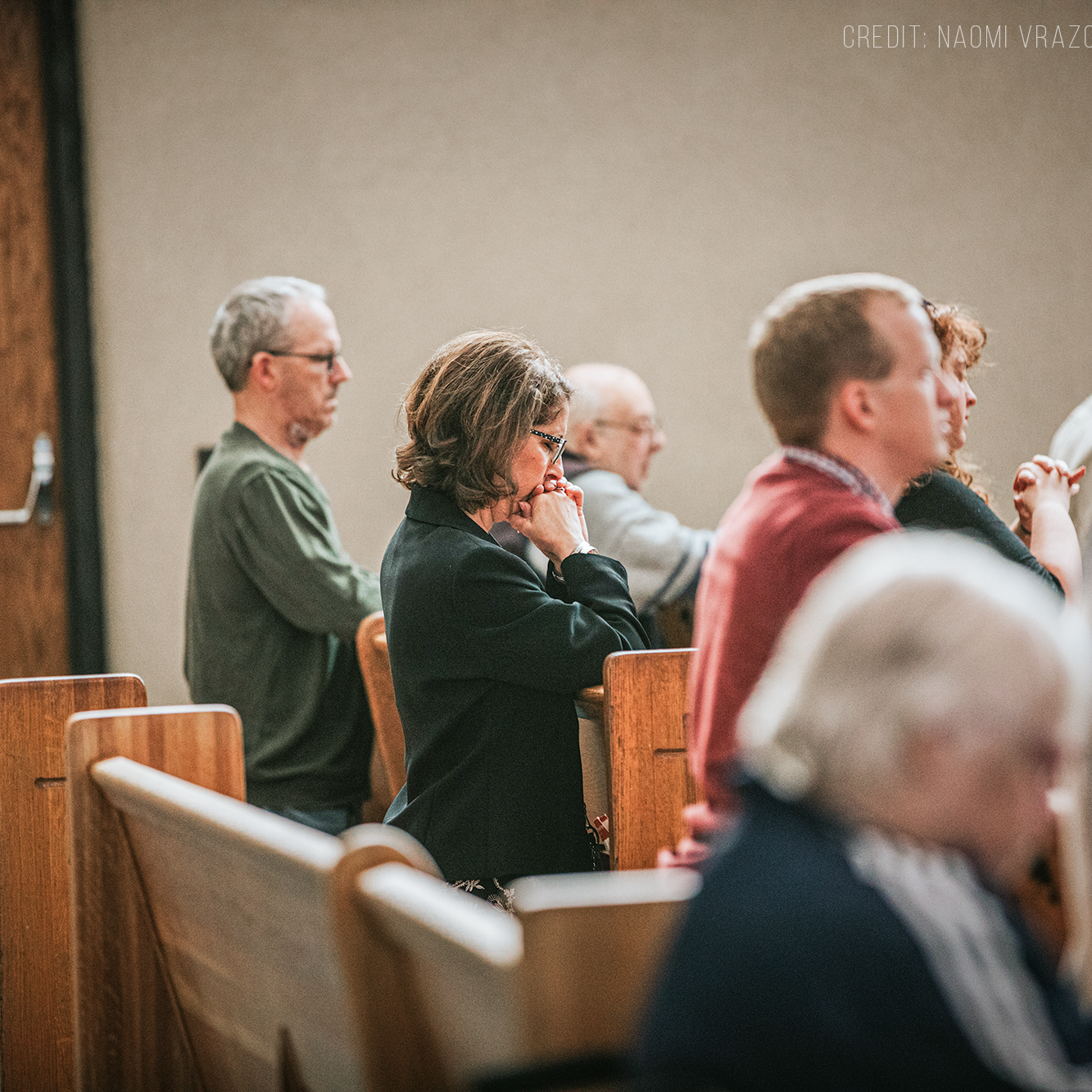
MASS TIMES
Monday – 8:15 am
Tuesday – 7:00 pm
Wednesday – 8:15 am
Friday – 8:15 am
Saturday – 4:00 pm
Sunday – 9:00 & 11:00 am
CONFESSION TIMES
Tuesday – 6:00 pm
Saturday – 2:30 pm
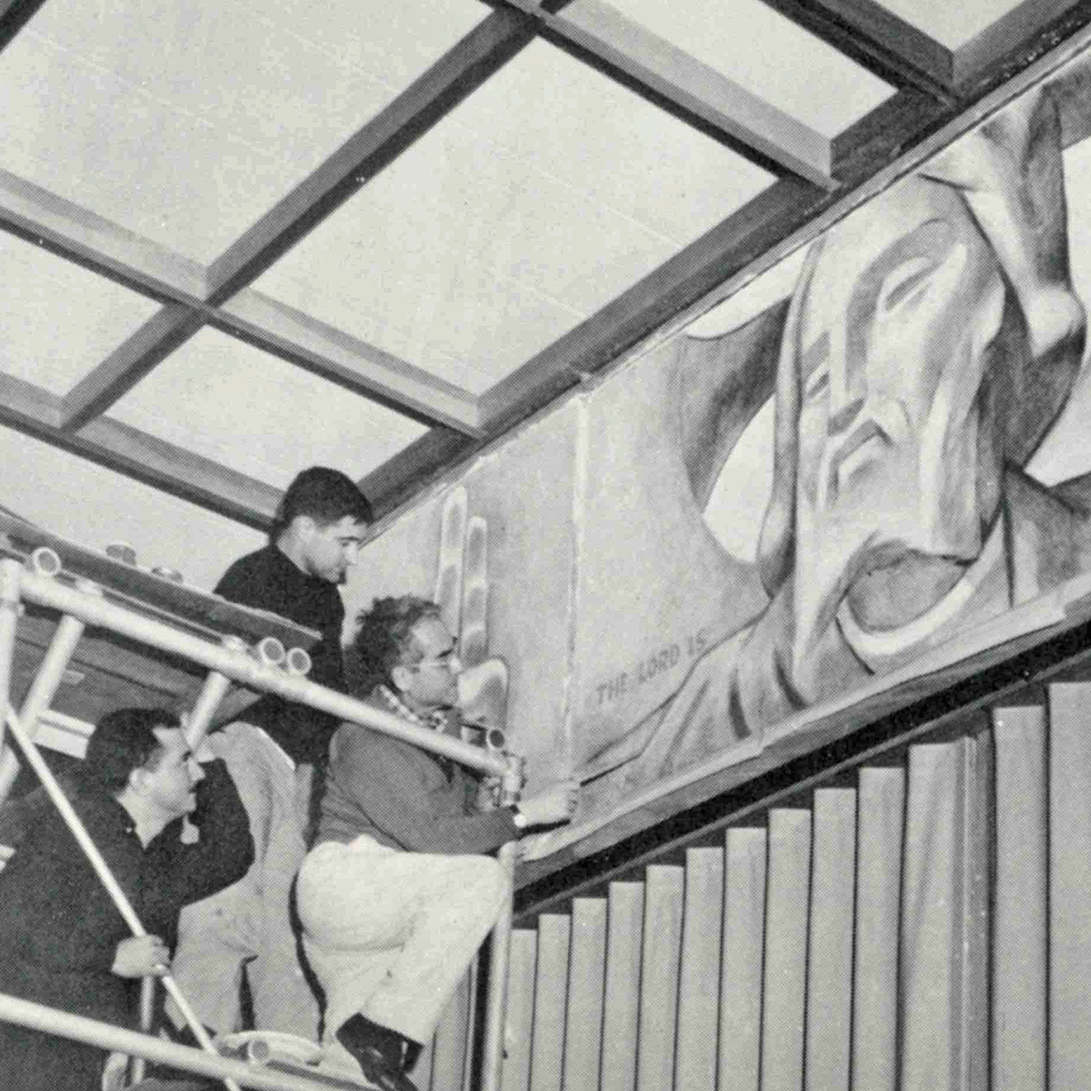
OUR STORY
The city of Lincoln Park grew very rapidly after World War II ended in 1945. During the war, there had been a huge influx of workers into the city of Detroit due to the many jobs available in the defense industry. Servicemen and women returned home to find an extreme housing shortage within the city of Detroit. Lincoln Park offered a direct route to downtown Detroit…

John Paul II Classical Catholic School
At St. John Paul II, our goal is to support families in the education and faith formation of their children. We are committed to helping children grow in their understanding and love for God. We strive to help children learn about the world around them and to develop the skills that are necessary to succeed in today’s world.
Easter Triduum Schedule
Stations of the Cross
Facebook Posts
- Saturday, July 27
-
-
2:30 pm - 3:15 pm
Confessions
Church-1-Main Floor -
4:00 pm - 5:00 pm
Mass
Church-1-Main Floor
-
- Monday, July 29
-
-
8:15 am - 9:15 am
Mass
-
